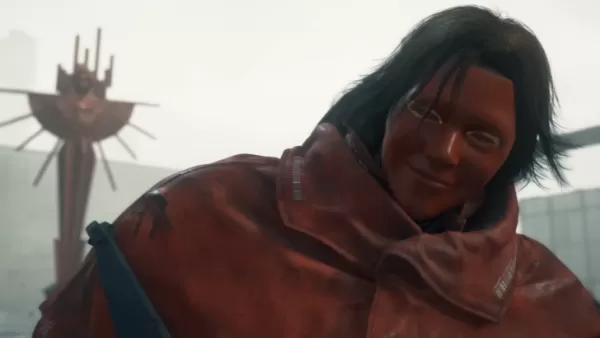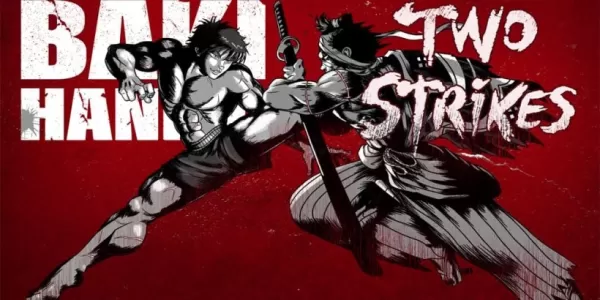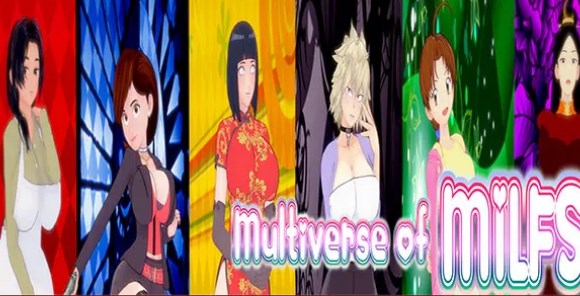Hollywood has long been obsessed with franchises — from superheroes to book adaptations and everything in between. But in recent years, a new trend has taken center stage: transforming video games into high-quality TV shows and blockbuster films.
We’re talking about major productions like *The Last of Us*, *Arcane*, *Fallout*, *Halo*, and even the wildly successful *Mario* and *Sonic* movies that are dominating the box office. To explore this growing phenomenon, we’ve partnered with our friends at Eneba to dive deep into why gaming adaptations are now Hollywood’s hottest commodity.
Gaming Universes Are Ready for the Spotlight
So why the sudden surge in interest from studios? The answer is simple: video games have evolved. They’re no longer just interactive entertainment — they’re vast, story-driven worlds filled with rich lore, complex characters, and passionate fanbases that have been invested for years.
Shows like *Arcane* on Netflix broke the mold by bringing the *League of Legends* universe to life with stunning visuals and emotionally charged storytelling, appealing to both gamers and general audiences alike.
Likewise, HBO’s *The Last of Us* redefined what a game adaptation could be — raw, emotional, and deeply immersive — proving that these stories can stand shoulder to shoulder with the best prestige television has to offer.
Enter the Anime Factor
Gaming-inspired anime has surged in popularity, blending cinematic storytelling with action-packed visuals rooted in gaming culture. Series like *Devil May Cry*, *Castlevania*, and *Cyberpunk: Edgerunners* have set a new standard, showing that these adaptations can be much more than just marketing tools.

*Castlevania* captivated viewers with its dark, gothic tone and compelling character arcs, while *Cyberpunk: Edgerunners* delivered a vibrant, emotionally resonant experience set in Night City — proving that gaming worlds can thrive in animated form and attract audiences beyond the core gaming demographic.
More Than Just Nostalgia
These adaptations aren’t just for longtime fans who grew up with the games. They’re also designed to bring in new audiences who may have never touched a controller but appreciate a powerful story, thrilling action, or unforgettable characters.
For example, films like *Mario* and *Sonic* tap into the nostalgia of a generation while introducing these characters to a younger audience. It’s a dual appeal that bridges generations and builds new fandoms in the process.
High Stakes, High Production Value
Gaming adaptations have come a long way from being dismissed as low-budget cash-ins. Today, they’re treated as major studio events, with budgets that rival blockbuster franchises. From top-tier casting to cutting-edge visual effects and compelling scripts, studios are investing heavily to ensure these adaptations honor the source material.
The challenge? Winning over fans who are protective of their favorite games. But when done right — as seen with *Fallout* — these adaptations can capture the essence of the original while standing on their own creatively.
Streaming Joins the Fray
It’s not just traditional studios getting in on the action. Streaming platforms are also investing heavily in gaming content to tap into the massive and engaged gamer audience. Services like Paramount+ are expanding their catalogs with high-profile original series based on major game franchises, signaling that they’re serious contenders in this space.
And if you're looking to catch up on the latest gaming-inspired shows, keep an eye out for [ttpp]Netflix or Paramount+ discounts[/ttpp] through digital marketplaces like Eneba — so you can jump into the trend without breaking the bank.







![NULL [Remastered]](https://imgs.39man.com/uploads/71/1719651062667fcaf6c483b.png)








